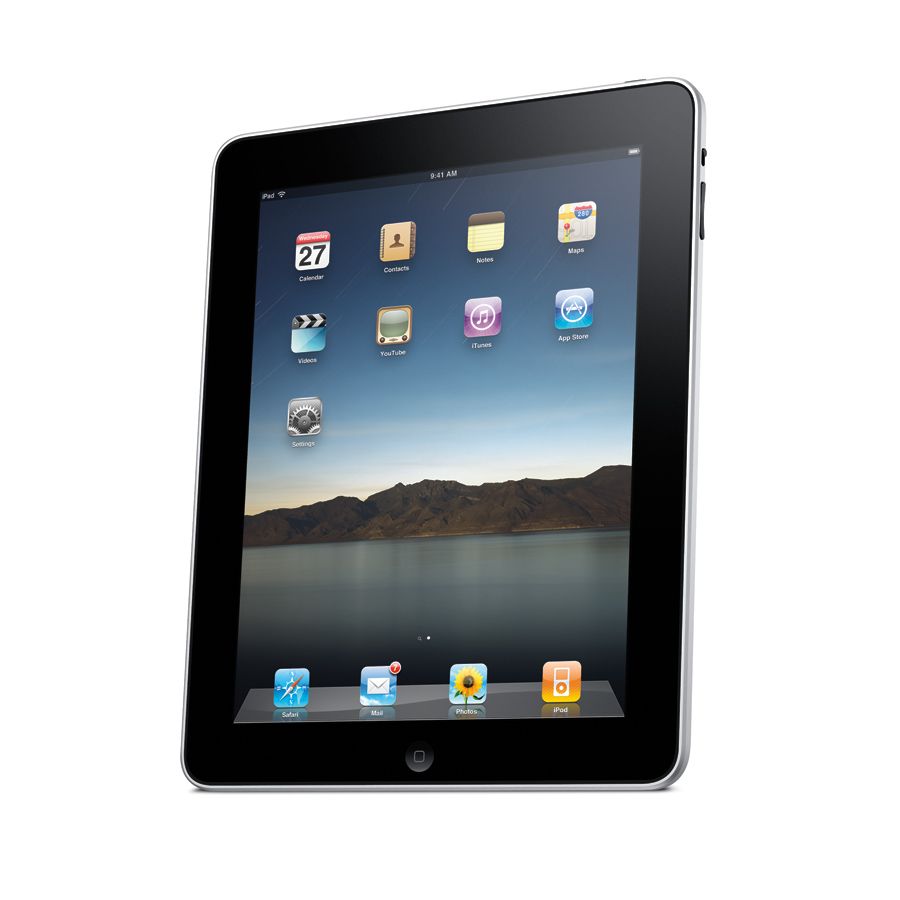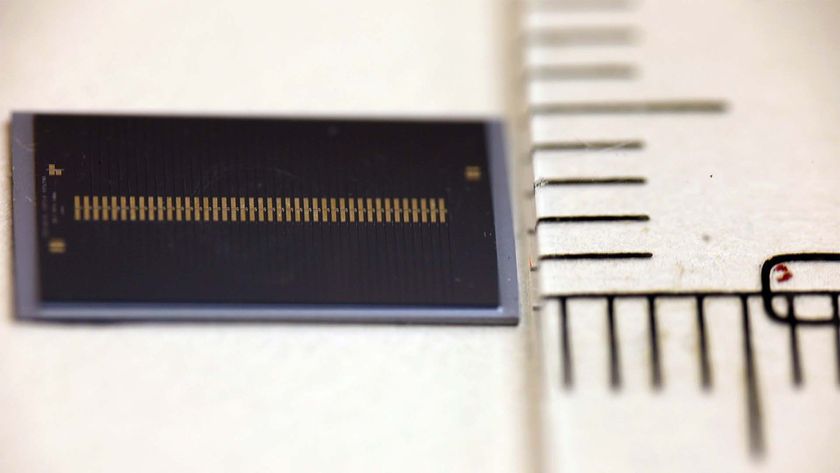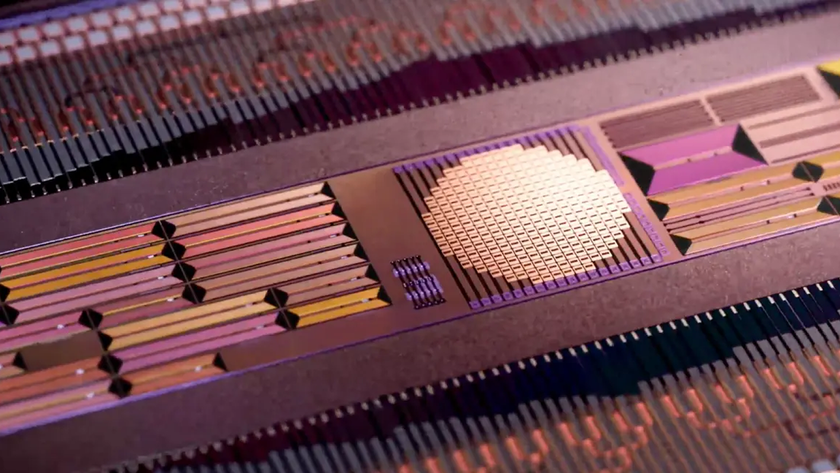iPad Will Force Netbook, E-reader Makers to Evolve or Die

Apple has sold a million iPads in less than a month, a runaway tech success story that is shaking up the tablet computer and netbook marketplace, according to analysts.
Through the end of this year, Apple seems unlikely to face stiff competition while it develops a possible stranglehold over the once-niche tablet computer marketplace. At the same time, netbooks – "mini-laptops" which feature traditional keyboards and trackpads – will start shifting to touch screens like the iPad next year, said Gene Munster, an analyst with Minneapolis-based Piper Jaffray & Co.
In a sign that the handheld computer scene is Apple's for now, industry giants Microsoft and Hewlett Packard (HP) late last week canned their planned tablets, the Courier and the Slate, respectively. The million-iPads-sold milestone announced today was just another nail in these tablets' coffins.
"The reality is that they're just not ready for prime time," Munster said. "This is a clear admission from Microsoft [and HP] that it will be more costly for them to compete than not to compete at this point [against the iPad]."
Munster added that it's "pretty rare that you actually see big companies like that conceding before they start." By capitulating, Microsoft and HP are "setting the table for Apple to run away" with the tablet marketplace, he added.
A major strike against Microsoft and HP is that Apple already has a massive and massively popularly App Store that gives users a broad range of toys and tools for use on their devices. Customers have downloaded 12 million apps for the iPad from the App Store, Apple said today.
"A big part of why people are buying iPads is because of apps and that's also why they buy iPhones," said Munster.
Sign up for the Live Science daily newsletter now
Get the world’s most fascinating discoveries delivered straight to your inbox.
The coming netbook revolution
Another major reason why iPads are flying off shelves is their multi-touch screen, first developed by Apple for the iPhone several years ago and now also on the iPod Touch.
The appealing interactivity the screen and underlying operating system offer will likely start popping up in the netbook marketplace next year, Munster said.
Netbooks, in general, are bigger than the iPad, fold open-and-shut like a laptop, and have keyboards and trackpads. Netbooks, which have been around for years, typically cost about a hundred to a couple hundred dollars less than the bare-bones iPad model, which lists for $499.
The iPad's lack of a keyboard has been cited as a drawback for those who want to get some serious typing and office work done. But even with this advantage over the iPad and their lower price tag, for netbooks to remain relevant and successful, they will have to morph to be more like the iPad, Munster said.
"The bottom line is that Apple is going to sell a lot of [iPads], which will force the existing netbook paradigm to change to a touch-based paradigm," said Munster.
"This will play out similar to how the phone market played out" after the iPhone introduction, he said, when smartphones, such as the Motorola Droid, Palm Pre and BlackBerry adopted or beefed up their touch screens as part of their design interface.
Reading the e-reader tea leaves
The iPad is also making major waves in the marketplace for e-readers, or devices expressly made for reading digital versions of books and magazines. In the 28 days since the iPad's introduction, 1.5 million e-books have been purchased from Apple's iBooks store.
Tech analyst firm Forrester Research has predicted that Apple will sell three million iPads this year, and that 10 million e-readers, not including the iPad, will be in homes come 2011.
While this 23 percent market share of the 13 million or so e-readers is "very impressive," said James McQuivey, an analyst with Forrester, this is "not enough to dominate."
McQuivey added that "It’s unlikely that the iPad will be used to read very often compared to dedicated e-readers, so it will have even less than 23 percent of the total impact on the book market."
Nevertheless, McQuivey believes that e-paper based e-readers, such as Amazon's Kindle and Barnes & Noble's Nook, "will struggle in the long run, likely coming way down in price to compete against tablets, but by no means are they taking a back seat to Apple in 2010."
Beyond the e-reader market, McQuivey agrees with Munster that the bigger impact of the iPad is on the computing sector where competitors are "fumbling" to catch up to the iPad.
These other big players in the computer game will simply bide their time and "are going to have [tablet] products eventually," Munster said.
Google, for example, is rumored to be working on a tablet computer that will run the company's Android OS.
For now, however, Apple's competitors are figuring – probably correctly – that launching a tablet "that will be run over by the iPad would be doing their brand more damage than good," Munster said.
• The Most Expensive iPad Apps • 13 Glaring iPad Shortcomings • eBook-Reader Reviews












